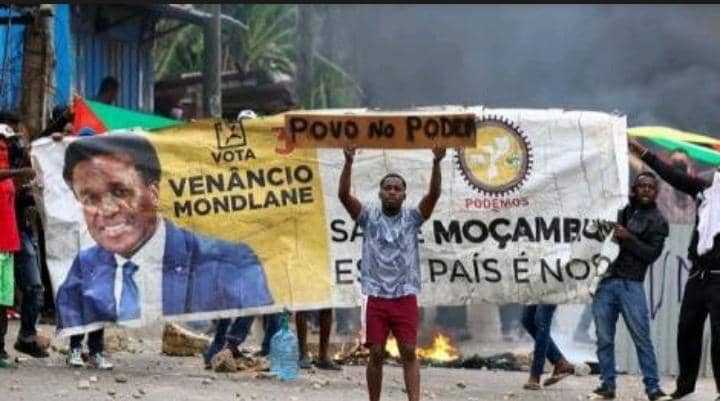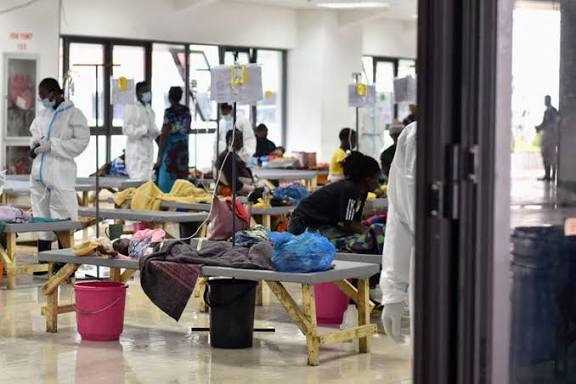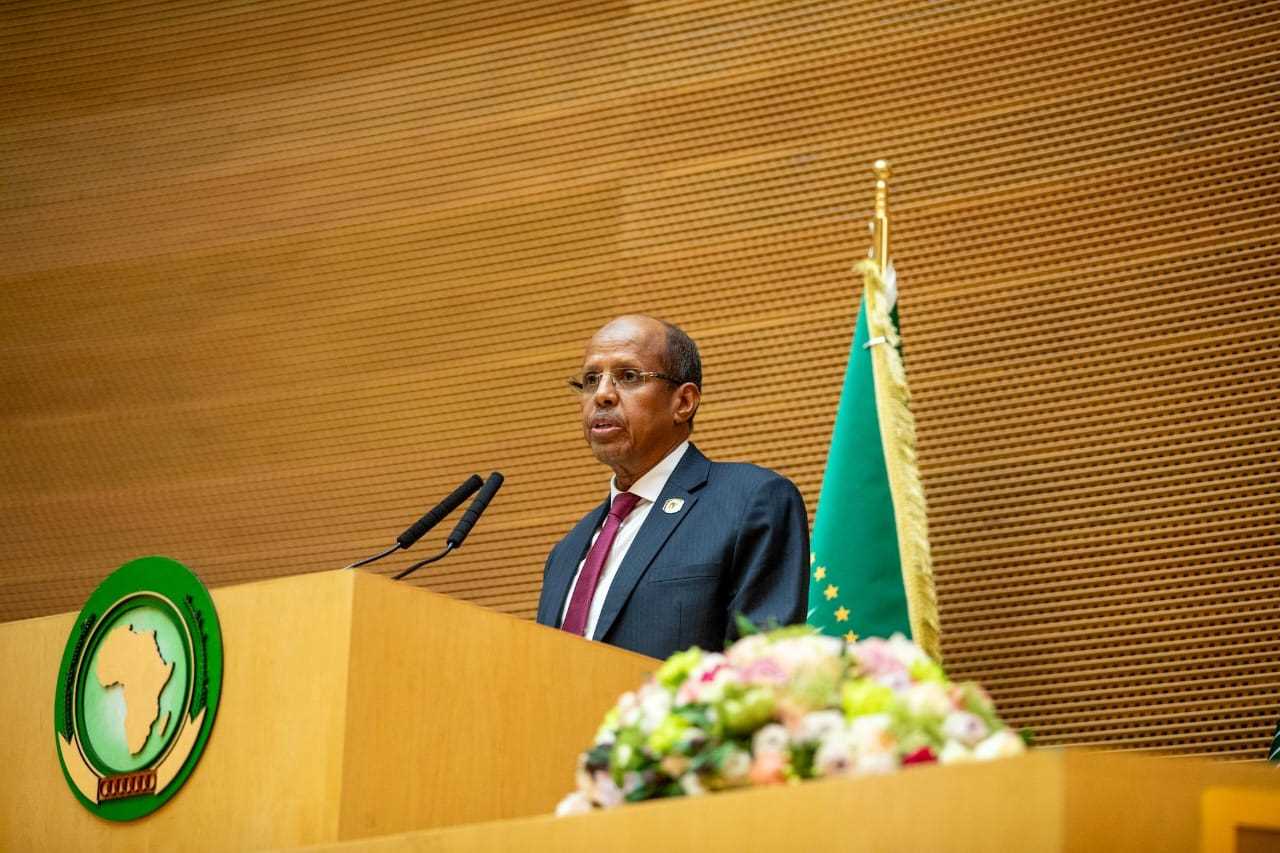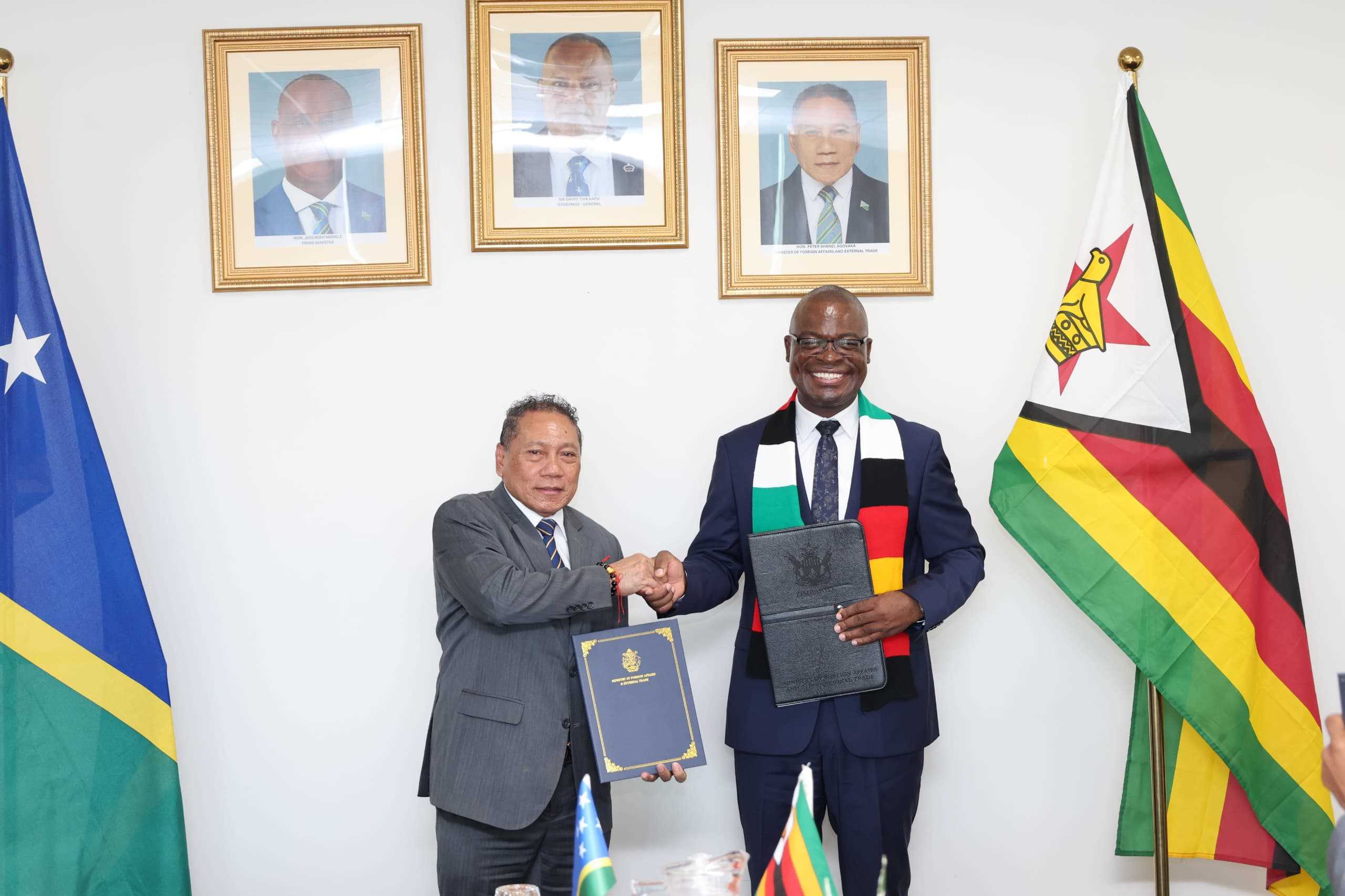
Tanatsiwa Dambuza
As Mozambique grapples with a political crisis following a disputed national election and violent protests, the implications for cross-border trade within the Southern African Development Community are profound.
The violence has forced South Africa to reroute trade and travel from the Lebombo Border Post to Eswatini’s Mananga Border Post, significantly disrupting the flow of goods and people, and creating ripple effects that touch every corner of the region.
Mozambique's recent election, which saw the ruling Frelimo party declared the winner, has been marred by accusations of fraud and widespread protests. The unrest has resulted in deadly clashes, with over 200 people reportedly killed in the violence. The volatility at Mozambique's southern border has led South Africa to temporarily close the Lebombo Border Post, one of its busiest crossings. This closure, though necessary for safety, has had far-reaching consequences for the entire SADC region
The decision to reroute traffic to the Mananga Border Post in Eswatini underscores the severity of the situation. The disruption of established trade routes has created logistical nightmares for businesses and travelers alike. For neighboring countries, especially those heavily reliant on Mozambique for trade, the impact has been severe. Increased travel times and costs are just the beginning; the instability has made trading with Mozambique a risky endeavor. The fear of robbery and vandalism looms large, deterring traders and impacting the economic stability of the region.
Mozambique is not just another country within the SADC; it is a linchpin in the region's economic framework. It provides essential resources such as fuel, which are critical for the functioning of economies across the region.
The port of Beira, for instance, is a vital gateway for goods entering and leaving the region, particularly for landlocked countries like Zimbabwe. The violence and subsequent border closures threaten to sever these supply chains, leading to shortages and skyrocketing prices for essential commodities. The disruption of fuel supplies alone could cripple the economies of neighboring countries, leading to cascading effects that may take months or even years to fully recover from.
Related Stories
As a direct consequence of the turmoil, thousands of Mozambicans have sought refuge in neighboring Malawi. The humanitarian crisis has intensified, with many fleeing their homes and crossing the Shire and Ruo Rivers to seek safety. The displacement camps in Malawi are now facing overcrowding, and the influx of refugees is straining local resources. This movement of people highlights the broader impact of the political violence, extending beyond economic disruptions to severe social and humanitarian challenges.
The African Continental Free Trade Area is an ambitious initiative aimed at creating a single market for goods and services across the continent, promoting economic integration and development. Yet, it is very scary to envision the success of the AfCFTA under these conditions, with violence in Mozambique, the Democratic Republic of Congo, Cameroon, Sudan, and other areas. The political instability in Mozambique poses a significant threat to this vision. The violence and border closures hinder the free movement of goods and people, undermining the goals of the AfCFTA and delaying the economic benefits it promises.
For the AfCFTA to succeed, political stability in member countries is crucial. The current crisis in Mozambique is a stark reminder of how fragile the region's economic framework can be when political unrest takes center stage.
The connection between elections and cross-border trade is painfully evident in Mozambique's current crisis. Political violence not only destabilizes the affected country but also has a ripple effect on its neighbors. The conflict in Mozambique must be addressed urgently to restore stability and ensure the smooth functioning of trade and travel in the region. The SADC and the international community must work together to support Mozambique in resolving its political crisis. Only through collaborative efforts can we hope to prevent further disruptions to cross-border trade and safeguard the economic well-being of the region.
The stakes could not be higher. The closure of the Lebombo Border Post has already had a severe impact, but the broader implications for the SADC region are even more troubling. If the violence in Mozambique continues unchecked, it could lead to a regional economic crisis. Landlocked countries like Zimbabwe, which rely heavily on Mozambique's ports for their imports and exports, will face unprecedented challenges. The increased cost of transportation, coupled with the risk of trading with a country in turmoil, could push many businesses to the brink of collapse. This, in turn, could lead to higher unemployment rates and greater economic instability across the region.
In conclusion, the current political violence in Mozambique is not just a national issue; it is a regional crisis with far-reaching implications. The disruption of cross-border trade affects every aspect of life in the SADC region, from the availability of essential goods to the economic stability of entire countries.
The nexus between elections and cross-border trade is clear, and the need for a swift and effective resolution to the crisis in Mozambique cannot be overstated. The SADC and the international community must act now to support Mozambique in restoring peace and stability. Only then can we ensure the continued growth and prosperity of the entire region.




















Leave Comments